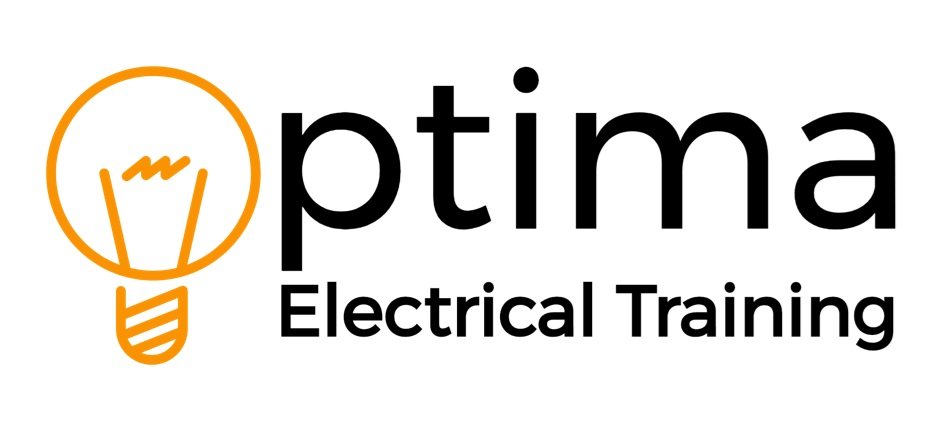How Artificial Intelligence Will Affect Jobs from 2024 to 2030
In the rapidly evolving landscape of technology, artificial intelligence (AI) is a transformative force poised to redefine the job market in the UK between 2024 and 2030.
With AI tools like ChatGPT making headlines and tech giants like Google unveiling AI-driven software for various applications, the impact of AI on employment in the UK is becoming increasingly significant. This article explores the dual nature of AI as both a disruptive force and a catalyst for new job creation, examining its implications across various industries, including the trades sector.
The Dual Impact of AI: Disruption and Opportunity
Positive Aspects of AI in the UK
AI's potential to enhance productivity, improve healthcare, and increase access to education is widely recognised in the UK. Analysts predict that AI will bring numerous positive changes to society, simplifying complex problems and making daily life more convenient. According to the McKinsey Global Institute, AI could contribute an additional £10 trillion to the global economy by 2030, primarily through labour automation and innovation in products and services. For the UK, this could translate to significant GDP growth and economic benefits.
Challenges and Concerns
Conversely, AI's disruptive potential raises concerns, particularly in jobs involving manual and repetitive tasks. While AI can automate such roles, it also opens opportunities for new vocations that solve complex problems and require human creativity and decision-making. Balancing AI's benefits and challenges requires a proactive approach to workforce adaptation in the UK.
AI's Impact on Specific Jobs and Industries in the UK
Jobs Vulnerable to Automation
Customer Service Representatives: With AI providing automated responses to repetitive queries, many customer service roles in the UK are transitioning from human interaction to AI-driven solutions.
Receptionists: AI technologies like AimeReception are already managing calls and interacting with guests, reducing the need for human receptionists in many UK businesses.
Accountants and Bookkeepers: AI-powered bookkeeping services offer efficient and cost-effective solutions for data collection, storage, and analysis, impacting accounting roles across the UK.
Salespeople: The shift towards digital marketing reduces the need for traditional sales roles, as AI facilitates targeted advertising on social media in the UK.
Research and Analysis: AI's ability to process and analyse data efficiently means that human roles in data analysis and research are becoming less necessary.
Warehouse Work: Automation streamlines processes in UK warehouses, from locating packages to mechanised retrieval and loading.
Insurance Underwriting: Automation can handle data analysis and application of formulas, reducing the demand for human underwriters in the UK insurance industry.
Retail: Self-checkout systems in UK stores exemplify automation in retail, decreasing the need for human cashiers.
Impact on the Trades Sector
The trades sector, including electricians, plumbers, and builders, faces unique challenges and opportunities with the rise of AI. While some aspects of these jobs can be automated, such as diagnostic tasks and inventory management, the hands-on, problem-solving nature of these roles makes them less susceptible to full automation. AI can assist tradespeople by providing advanced tools and insights, allowing them to work more efficiently and safely.
Jobs Resistant to AI Displacement in the UK
Teachers: The human element of teaching and inspiring students remains irreplaceable, making full digital teaching unlikely in UK schools.
Lawyers and Judges: Legal roles require negotiation, strategy, and case analysis, skills that are inherently human and vital in the UK's legal system.
Directors, Managers, and CEOs: Leadership and the ability to share a company’s mission and values are vital aspects of these roles that AI cannot replicate.
HR Managers: Despite AI's assistance in recruitment, human resource management involves tasks requiring emotional intelligence and human interaction.
Psychologists and Psychiatrists: Mental health care demands a human touch that AI cannot provide, particularly in the UK where mental health services are critical.
Surgeons: While AI enhances precision in surgery, the human ability to connect with patients and make complex decisions is irreplaceable.
Computer System Analysts: The need for human oversight in maintaining and improving complex software and hardware systems persists.
Artists and Writers: The creative process, imagination, and artistic expression are inherently human traits that AI cannot fully emulate.
Preparing for the AI-Driven Future
Embracing AI and Lifelong Learning
To thrive in the AI era, individuals in the UK must embrace continuous learning and adaptability. Developing technical skills, gaining industry-specific knowledge, and enhancing soft skills such as communication and problem-solving are crucial.
Upskilling and Reskilling
As AI reshapes the UK job market, workers must acquire new skills and pivot towards AI-focused roles. This involves gaining expertise in areas where AI complements human abilities rather than replacing them.
The future of work in the AI era is characterised by both challenges and opportunities. While AI will automate certain jobs, it will also create new roles that leverage human creativity and decision-making. Embracing lifelong learning, adapting to technological advancements, and specialising in AI-related fields will enable workers in the UK to thrive in this evolving landscape. Educational programmes like Nexford University's BBA and MBA degrees in AI offer a pathway to success in the AI-driven job market, equipping learners with the skills needed to stay ahead.
If you're considering a career change or looking to enhance your existing skills, now is the perfect time to take the initiative and enrol with Optima Electrical Training. With the availability of interest-free payment plans, it's easier than ever to get started.
Contact us today to embark on your training journey.
Contact us: Request Information
Email: info@optima-ect.com
Freephone +44 800 0371572


